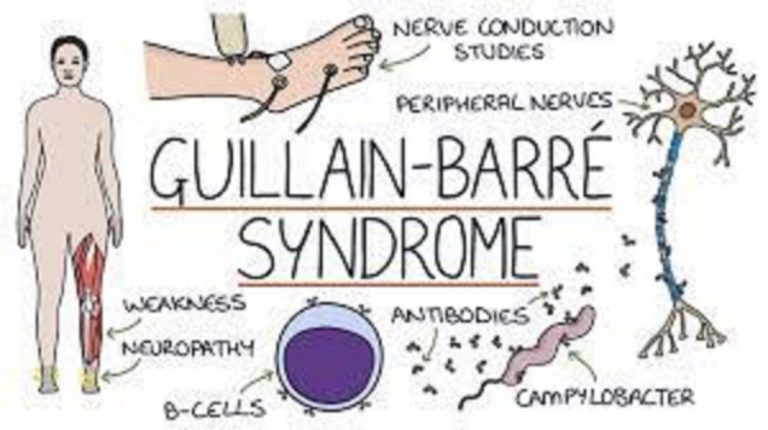
Early results from a first-of-its-kind study suggest that typical use of a family planning app called Dot is as effective as other modern methods for avoiding an unplanned pregnancy.
Researchers from the Institute for Reproductive Health (IRH) at Georgetown University Medical Center are studying women’s use of the app for 13 menstrual cycles, or about one year. The ongoing prospective study design is the first to apply best-practice guidelines for assessing fertility awareness-based methods in the testing of an app.
The interim results following Dot’s use for six cycles are published in the journal Contraception (title: “Estimating Six-Cycle Efficacy of the Dot App for Pregnancy Prevention”). Dot is owned by Cycle Technologies, which is solely responsible for the app.
Dot provides a woman with information about her fertility status each day of her menstrual cycle. It uses an algorithm and machine learning to identify the fertile days of her cycle based on her cycle lengths.
After women had been in the study for six cycles, the researchers found that the app had a typical-use failure rate of 3.5 percent, which suggests that Dot’s one-year typical efficacy rate will be comparable to other modern family planning methods such as the pill, injections, and vaginal ring.
“Given the growing interest in fertility apps, it was important to provide these early results,” says Victoria Jennings, PhD, principal investigator of the Dot efficacy study and director of the IRH.
There were 718 participants in the United States enrolled in the study, and 419 participants completed six cycles of use. There were 15 confirmed pregnancies from cycles when participants used the method incorrectly (such as having unprotected sex on days of high fertility). No pregnancies occurred in cycles when participants reported correct use of the app during high-risk days for pregnancy.
“Our purpose is to provide guidance to women who want to use Dot as well as to health providers and policy makers who are interested in this emerging method of family planning,” Jennings says. “We hope this paper contributes to the on-going discussion about the effectiveness of fertility apps and how their efficacy should be assessed.”
Final efficacy results are expected in early 2019.
This study was supported by the United States Agency for International Development grant (OAAOAO13O00083).
In addition to Jennings, study authors include Liya T. Haile, Hanley M. Fultz and Dominick Shattuck of the IRH, and Rebecca G. Simmons of the University of Utah. The authors report having no personal financial interests related to the study. The Dot app is a proprietary technology developed by Cycle Technologies, a company owned by a family member of Jennings’.






